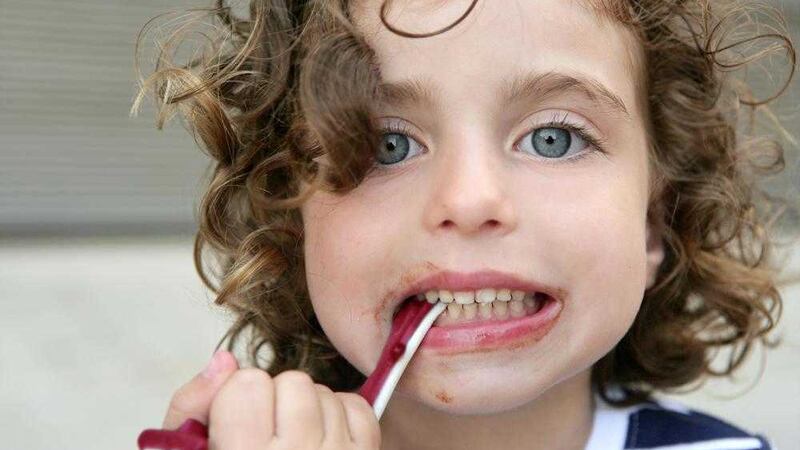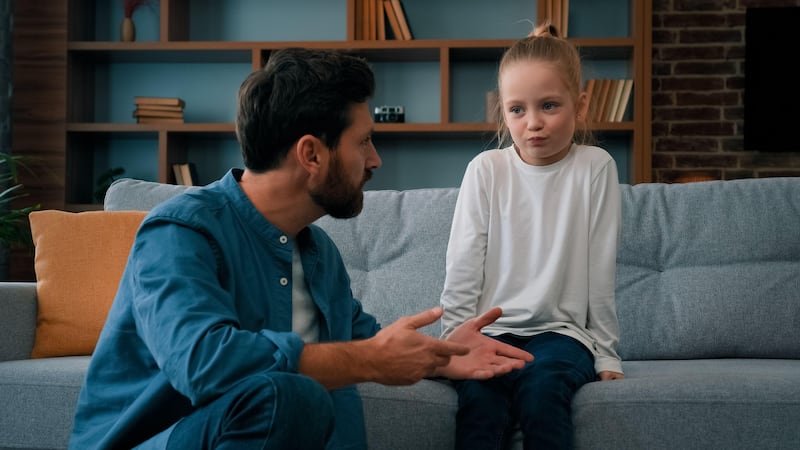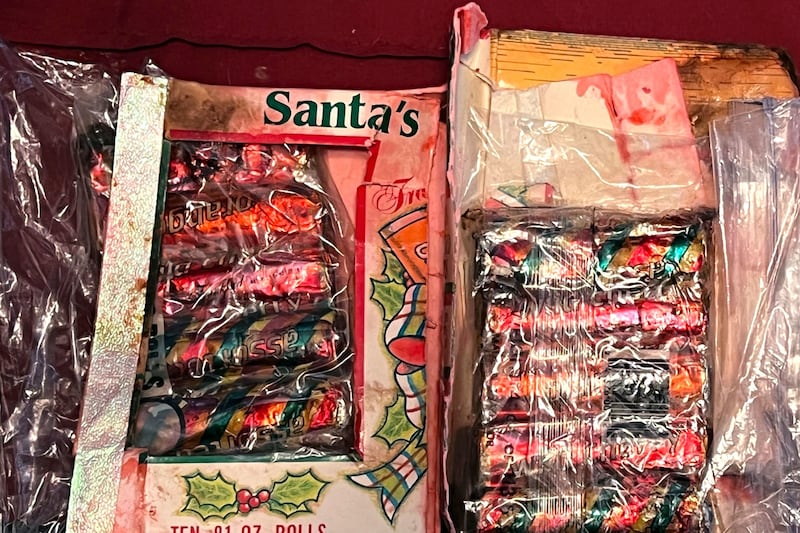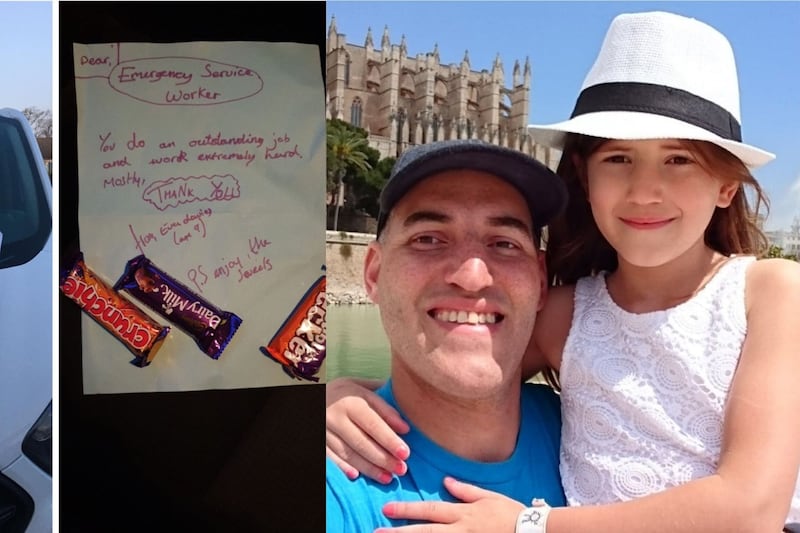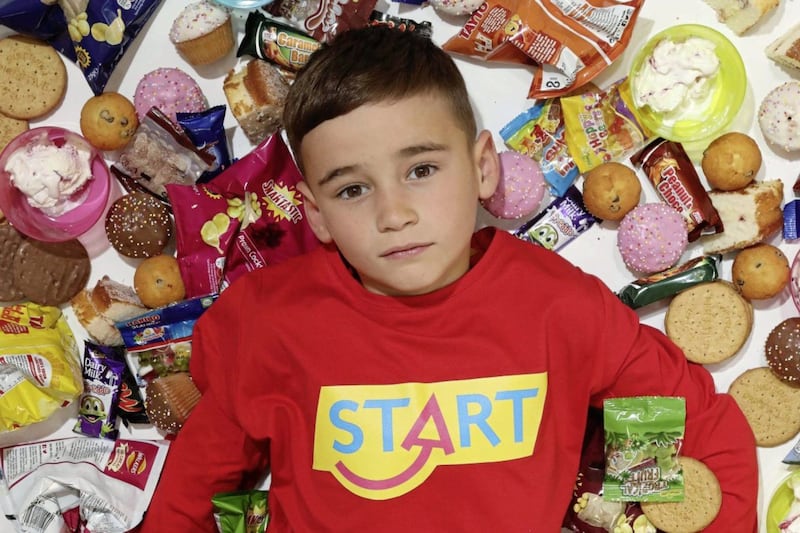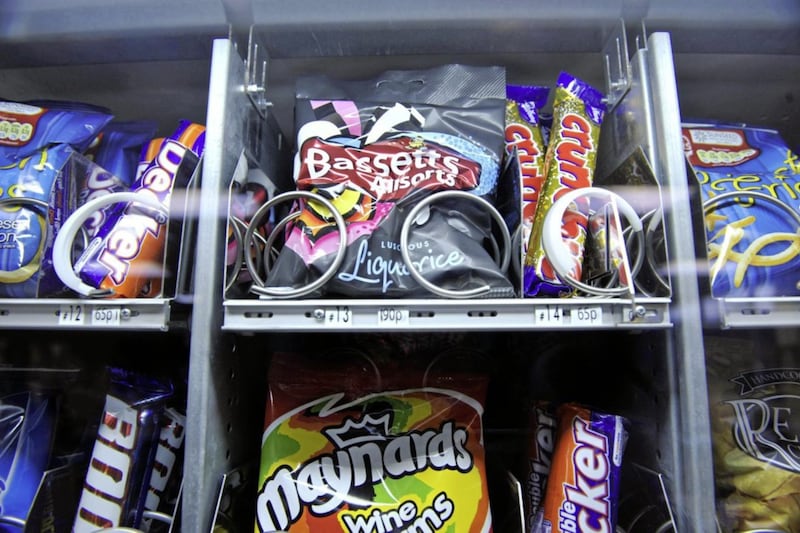Q: "When my three-year-old daughter's upset, or if she's been very good, I sometimes give her sweets or a biscuit as a reward or treat. Is there anything wrong with doing that?"
A: Dr Claire Farrow of Aston University recently co-authored a study into parents' feeding practices with Dr Emma Haycraft of Loughborough University and Jackie Blissett of the University of Birmingham.
Dr Farrow says: "Using food as a distraction because a child is upset on the odd occasion may have little impact on the child. However, if a child is given a biscuit or sweets every time they're upset, they may learn to use sweets and biscuits to cope with being upset.
"When this happens, it may be preferable to think about why your daughter's upset and if you can console her with a cuddle or by using a different distraction, rather than food.
"In terms of using food as a reward for being good; most children naturally prefer sweet or high-sugar foods and these foods are often used as treats (eg Easter eggs, birthday cakes), so children tend to be very keen on them already.
"If food is always used as a treat for good behaviour, this can reinforce children's preference for sweet foods even more because we tend to like things more when they're used as treats or rewards.
"So, if you're worried about how much sweet food your child eats, it might help to think about other rewards you could use instead of sweets and biscuits.
"As a parent, there's often a natural instinct to try and protect our young children from eating 'bad' foods: those high in fat, sugar or salt. Instead, we often use these food types as a treat or a reward, or even as a response to ease pain if children are upset.
"The evidence from our research shows that in doing this, we may be teaching children to use these foods to cope with their different emotions, and in turn unintentionally teaching them to emotionally eat later in life."
